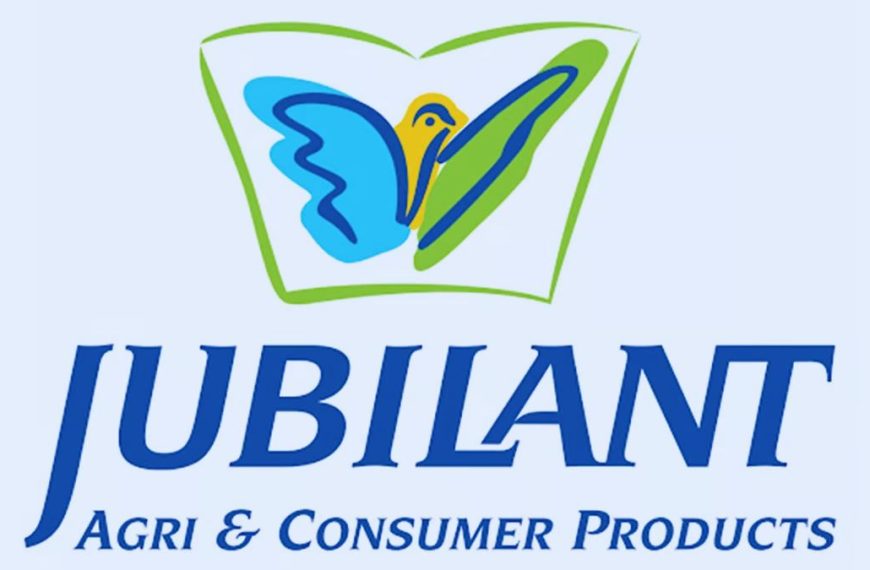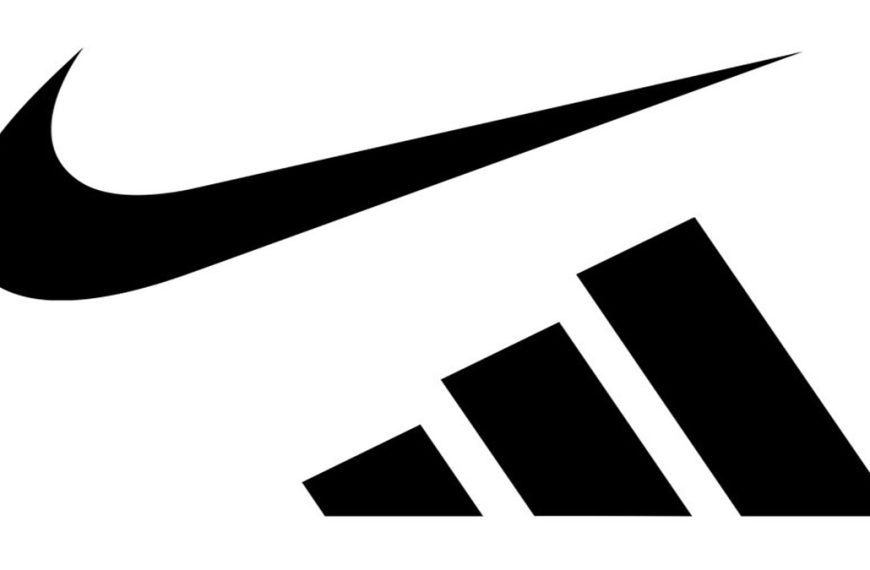The National Company Law Appellate Tribunal (NCLAT) recently confirmed a significant ruling by the Competition Commission of India (CCI) from October 2022, which found Google guilty of exploiting its dominant status regarding its Play Store policies. While the tribunal upheld the ruling, it notably reduced the financial penalty against Google from ₹936.44 crore to ₹216.69 crore, a reduction of 76%.
NCLAT Decision Highlights
The NCLAT emphasized that penalty calculations should focus solely on relevant turnover. The tribunal pointed out that the CCI’s approach was overly broad, considering Google’s overall business revenue in India rather than limiting it to Google Pay and the Play Store. Google has already paid 10% of the revised penalty, with the remaining amount due within a 30-day period following the ruling.
Implications of the Ruling
Legal experts have pointed out that this recalibration of penalties reflects a more nuanced approach to competition law. Ketan Mukhija, a senior partner at Burgeon Law, noted, “This ruling not only reaffirms Google’s abuse of dominance but also illustrates the need for a balanced assessment of penalties to ensure fair enforcement. It signifies a shift toward focusing on real market impacts rather than just formalities.”
Background on Google’s Violations
In 2022, the CCI identified multiple violations by Google, including the requirement for app developers to exclusively use the Google Play Billing System (GPBS) for in-app purchases and paid apps. This mandate was deemed unfair and a violation of competition regulations. Furthermore, the CCI highlighted that Google engaged in discriminatory practices by exempting its own applications, like YouTube, from using GPBS, which imposed an unfair burden on other developers.
CCI’s Directives to Google
In addition to the financial penalty, the CCI ordered Google to allow app developers to utilize third-party billing and payment processing services for in-app purchases without restrictions. The ruling also prohibited Google from enforcing anti-steering provisions, which prevent developers from communicating with users about alternative purchasing options.
- Key Takeaways:
- NCLAT upheld CCI’s ruling but significantly lowered the penalty.
- Focus on relevant turnover for penalty calculations.
- Experts call for a balanced approach to competition law enforcement.
- Google required to change its billing practices for fairness in competition.
For further insights into the implications of this ruling and its impact on the tech industry, you can explore related articles on competition law and digital market regulations.











